With the end of October signaling spookiness, students may have a hankering to hear about goblins, ghosts, and ghouls. Why not tickle their fancy with a tantalizing tale or two? Tune in to some podcasts rooted in the supernatural! It may not be the stuff of which dreams are made, but it’s definitely the stuff that makes up myths, legends, and lore!
Myths, Legends, Lore … and More
The Walking Classroom will surely satisfy student cravings for something a bit out of the ordinary, as several podcasts focus on the extra-ordinary!
Myths, Legends, and Lore (4-#66, Complete-#39) offers up some stories to demonstrate the difference between these literary forms whose names are often used interchangeably. All three come from the oral tradition, just like those ghost stories told around a campfire late at night! Challenge your students to take the same subject and generate a tale of each type. Pick something spooky and/or seasonally appropriate!
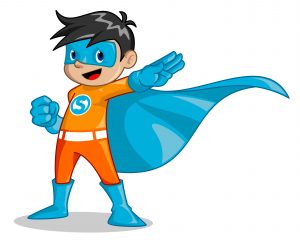 Superheroes and their Contributions to Society (4-#79, Complete-#43) discusses superheroes from different times. Superman and Spiderman may have been born of different eras than the gods who populate myths or the larger than life figures of legends and lore, but both stand as symbols for good. Courageous, powerful, reliable, confident, and honest, these popular pop culture icons (and student favorites!) took risks to accomplish all kinds of things.
Superheroes and their Contributions to Society (4-#79, Complete-#43) discusses superheroes from different times. Superman and Spiderman may have been born of different eras than the gods who populate myths or the larger than life figures of legends and lore, but both stand as symbols for good. Courageous, powerful, reliable, confident, and honest, these popular pop culture icons (and student favorites!) took risks to accomplish all kinds of things.
Need an idea for an extension activity? Check out this teacher-created activity focusing on a favorite superhero of the 21st century! You can also have your students brainstorm in small groups about what other characteristics a superhero might have. Incorporate a writing activity by providing a writing prompt or ask them to create a “help wanted” advertisement seeking a superhero!
From Superheroes to Everyday Heroes
Being a hero is not as gigantic a jump as your students might think. Legendary and Everyday Heroes (4-#80, Complete-#41) reminds us that one doesn’t have to “leap tall buildings in a single bound” to be a hero! Heroes come in all shapes and sizes. They show up in all sorts of literary forms and in real life. In this podcast, students will learn about mythical heroes like Hercules, legendary heroes like Robin Hood, and even everyday heroes.
Have your students explore everyday heroes with a research project. Go a step further and encourage your students to create a “costume” and catch-phrase for an everyday hero, or maybe even design sets of trading cards for some of their favorite heroes. Then practice sorting and classifying. How might they decide to group their heroes?
Enhancing the Experience
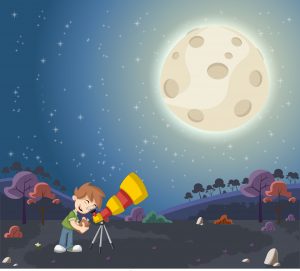 The dark of night need not only serve as a time for telling scary stories. The night sky itself presents plenty of tale telling possibilities as your students can learn from a pair of podcasts about constellations. Past people used these star sets to accompany the myths and legends they used to explain the world around them and to help them understand their place in it.
The dark of night need not only serve as a time for telling scary stories. The night sky itself presents plenty of tale telling possibilities as your students can learn from a pair of podcasts about constellations. Past people used these star sets to accompany the myths and legends they used to explain the world around them and to help them understand their place in it.
Native American Constellations (4-#67, Complete-#146) and Greek Constellations (4-#68, Complete-#145) will get your students started! Have a listen. Then have your students research other constellations and the stories behind them. Maybe they would like to share them with the class! You can also explore constellations with a variety of age-appropriate activities!
Learn about other timely topics and keep your eyes open for more ideas in future posts.
What ideas do you have for extending the lesson on this timely topics? We’d love to hear!


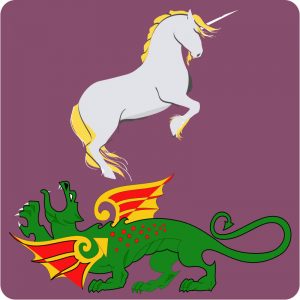
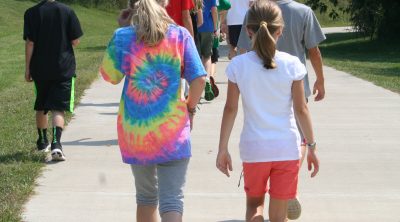
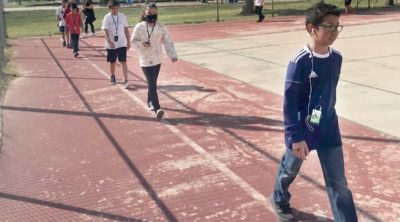
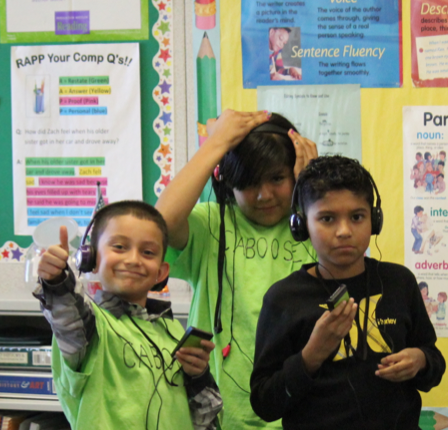
At the beginning of the year, we learned all about fables, fairytales and myths. Your podcasts were great for jumping off points or extensions of previous discussions. I’ll admit I let the content take over my class a little for the first half of the year.
We used Pixton this year (a comic-making website) and it paired beautifully with your Heroes series (#41-43). It made a great segway after fables and fairytales since they both include some form of hero. It even inspired me to try debate with the students (What makes a good hero? Are fairytales actually a good teaching tool?, etc.).